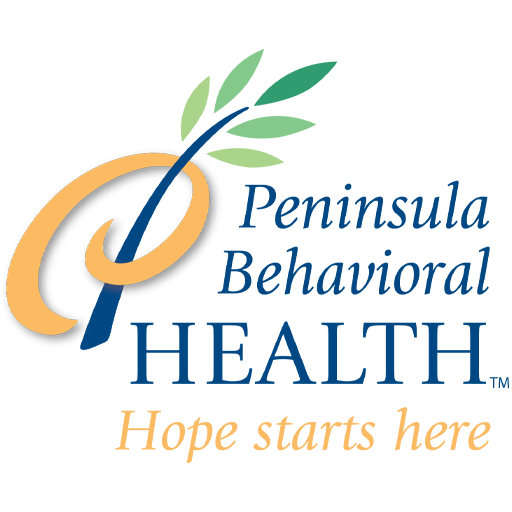PATH: Homeless Outreach
Outreach Services & Support
What is PATH?
PATH stands for Projects for Assistance in Transition from Homelessness. The PATH program at Peninsula Behavioral Health provides outreach and case management for adults and families who are experiencing homelessness or at risk of losing their housing.
PATH teams are staffed by individuals with lived experience who have navigated similar challenges in their lives. We connect people to resources including housing, healthcare, and service providers. PATH is part of the first major federal response to homelessness.
Who We Serve:
The PATH program is an outreach program that serves individuals who live with a substance use disorder or mental illness and are also experiencing homelessness or at risk of losing their housing.
SERVICES INCLUDE:
- Street Outreach & Engagement
- Case Management
- Mental Health Treatment Coordination
- Substance Use Treatment Coordination
- Assistance:
- obtaining financial benefits (including SSI/SSDI)
- Pursuing educational goals
- Finding shelter, transitional housing, and permanent housing
We recognize that homelessness is complex and challenging. We aim to work as a community to help people work towards resiliency, recovery, and lead a self-directed life.
You do not need to be a PBH client to receive assistance from PATH.
What is REAL?
The R.E.A.L. Team focuses on Recovery, Empowerment, Advocacy, and Linkage for individuals facing unmet substance use needs, especially those who may have frequent contact with law enforcement or are involved in the criminal justice system.
The REAL team has established a new system of response and care for people with unmanaged behavioral health needs, profound experiences of complex trauma, cognitive disabilities, persistent poverty, and often lifelong experiences of punishment, failure, betrayal, and marginalization.
Recovery Coaches on the REAL team are available seven days a week, 24 hours a day, to provide a non-crisis response to those in our community who would benefit from additional recovery supports and linkage to community resources.
To connect with the REAL team, call (360) 457-0431 and select option 5.
Click here to learn more about the PATH program
SAMHSA’s Projects for Assistance in Transition from Homelessness (PATH) funds services for people with serious mental illness (SMI) experiencing homelessness. PATH is part of the first major federal legislative response to homelessness.
Click here to learn more about the PATH program.
What is a Peer Pathfinder?
The Peer Pathfinder projects are part of efforts by the Department of Behavioral Health and Recovery (DBHR) to help people who are homeless or at risk of homelessness. These projects focus on supporting individuals dealing with substance use issues in places like emergency rooms and homeless areas. The aim is to connect them with treatment options, including medication for opioid use.
Peer counselors, who have gone through similar struggles, share their stories to give hope and improve lives. Peer Pathfinder Substance Use Disorder (SUD) peers assist individuals in overcoming challenges related to independence and recovery. They help with things like housing, financial resources, transportation, and job support.
These services are for adults facing certain conditions, like those with opioid or stimulant use issues at risk of overdose, people suspected of substance use who may be homeless or at risk of homelessness, and those going through a substance use crisis in emergency rooms.
How can I access PATH services?
If you or someone you know is homeless or is in imminent danger of becoming homeless and has mental illness and/or has a substance use disorder, please call Peninsula Behavioral Health. Ask to speak to a PATH case manager: (360) 457-0431.
How we can help
Evaluate your individual needs and barriers to housing.
Develop an individual service plan based on your specific needs.
Assist in applying for and obtaining benefits.
Provide emotional support and understanding.
Connect to primary and behavioral health care, dental, and chemical dependency services.
Facilitate access to basic services such as food, shelter, and hygiene centers.
Assist in connecting with transportation, vocational training, and other services.
Support you as an individual as well as your family as a whole.
What defines homelessness?
A homeless person is someone who lacks a regular, adequate nighttime residence. People who are homeless or facing homelessness may be living outdoors, on the streets, or in a car. They may be residing in a shelter or other temporary housing, or they may be staying in an unsafe, inhabitable space. PATH services are available for those who are currently homeless and those at risk of becoming homeless. You do not have to be a PBH client to benefit from PATH.
